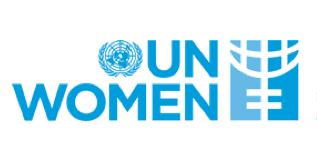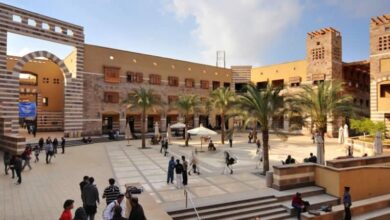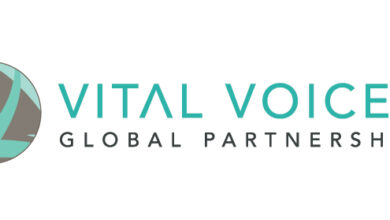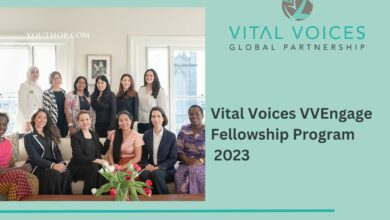GFDRR Disaster & Climate Risk Data Fellows Programme 2023
Deadline: 9th of December, 2022
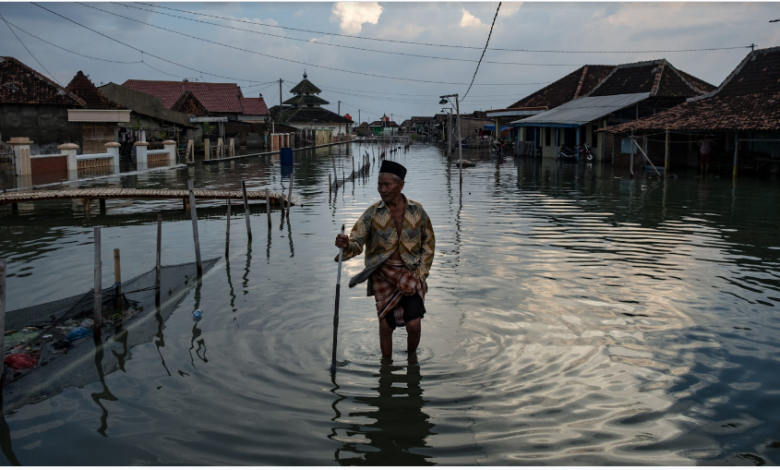
The GFDRR Disaster & Climate Risk Data Fellows Programme 2023 is now accepting applications. In order to assist World Bank disaster and climate risk data initiatives and contribute to the implementation of the new Risk Data Library Standard, the Digital Earth team at the Global Facility for Disaster Reduction and Recovery (GFDRR) is seeking fellows from vulnerable nations.
The fellowship program will provide data scientists, geospatial analysts, and other professionals with a 6-month placement to work with the Risk Data Library Standard to access, generate, and share climate risk knowledge with local communities in a few chosen climate-vulnerable nations. Bangladesh, the Democratic Republic of the Congo, India, Indonesia, the Philippines, and South Africa are the chosen nations.
The Disaster & Climate Risk Data Fellows will lead the development of the Risk Data Library Standard and
contribute to its impact and adoption by World Bank and external users. The Fellows will be part of the
GFDRR Digital Earth team and work under the remote supervision of Pierre Chrzanowski, Disaster Risk
Management Specialist at GFDRR.
Specific tasks include:
- Champion the principles and processes supporting the RDLS and endeavor to further its
adoption and that of open-risk data more broadly. - Contribute to the development and sharing of new risk datasets using the RDLS within
ongoing and new climate and disaster risk studies - Identify existing climate and disaster risk data and make them available as open data
through the RDL. - Contribute to new climate and disaster risk data analytics and visualization.
- Organize training and outreach events on climate and risk data and the RDLS.
- Contribute to blog posts, social media, press releases, podcasts, and other media material.
- Write the final fellowship report and the presentation of their project.
Eligibility:
- Open to Student, Master, Ph.D. or any level in the field of climate change, disaster risk
management, geospatial technologies, computer science, or other relevant fields; - Experience working with digital technologies for disaster risk assessment and their
communities, including digital platforms, data, models, and standards; - Demonstrated data science or geospatial analytics knowledge and skills;
- Capacity for effective multi-tasking with a demonstrated ability to be an independent starter
with minimal supervision and a high capacity to persevere for results; - Proven ability to carry-out independent policy-relevant research, translate theory into
practical applications, and adapt professional knowledge and technical skills to analyze,
diagnose and propose solutions to policy issues and challenges related to climate change
and disaster risk management; - Strong communication and advocacy skills, including the ability to write concisely and clearly
and synthesize complex documentation and ideas for a range of audiences, including
through social media; - Excellent interpersonal skills and proven ability to work in a team and intercultural environment;
- Proficiency in English and ability to work in an environment of diverse cultures;
- Ability to work independently with minimum supervision and to meet tight deadlines.
Application:
Send a CV, letter of interest, and online portfolio of past projects to
agarciatapia@worldbank.org and copy to pchrzanowski@worldbank.org by December 9, 2022
with the subject “Risk Data Fellow Application.”



